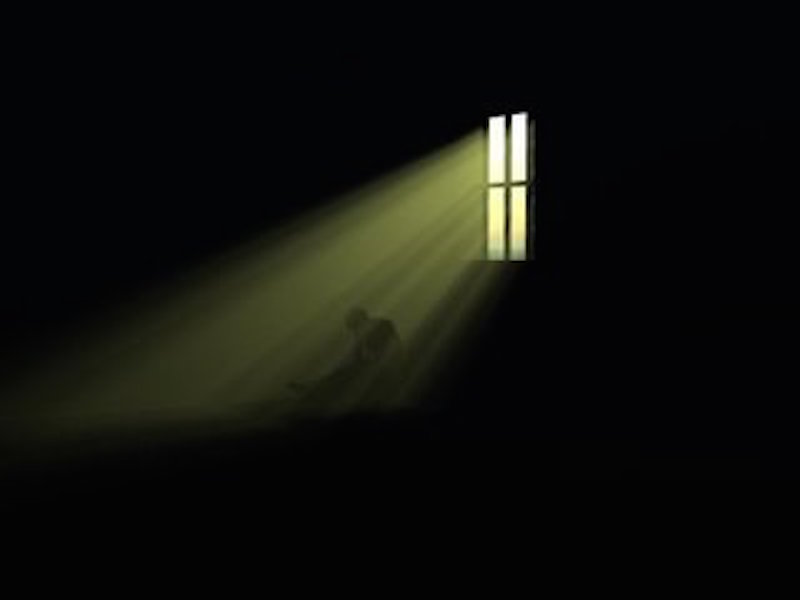The Politics of Poetry
Howard Schaap
 “Make it more obscure,” a student says in an undergrad poetry workshop. This after the assignment says be specific, always specific, and avoid abstraction. And cliché.
“Make it more obscure,” a student says in an undergrad poetry workshop. This after the assignment says be specific, always specific, and avoid abstraction. And cliché.
In fact, I’ve crafted the assignment to follow Ted Kooser’s mystical ideal about poetry, that “meaning arrives almost unbidden from an accumulation of specific details.” But then I read a quote from Stephen Evans in David Orr’s Beautiful & Pointless which says, “Through men like . . . Ted Kooser, Karl Rove’s battle-tested blend of unapologetic economic elitism and reactionary cultural populism is now being marketed in the far off reaches of the poetry world,” and I wonder if my choice has been that innocent, that naïve.
Maybe the image, the detail, is really the enemy of the word.
This is confirmed later when a colleague reads from The Writing Life about cardboard butterflies, how male butterflies will always “jump” the cardboard copy of a butterfly—if it’s bigger than the real female butterfly. TV and film images are that cardboard butterfly for Dillard, while she would have us jump books, language: “In my view, the more literary the book—the more purely verbal, crafted sentence by sentence, the more imaginative, reasoned, and deep—the more likely people are to read it. The people who read are the people who like literature, after all, whatever that might be.”
Then today, I sit in a Reformed worship service, and we read from the Heidelberg Catechism, and I think of a friend who says that the gift of Dutch Reformers has been systematic catechisms, real works of art if “systematic” and “art” weren’t so supposedly diametrically opposed. And I think of a theologian who describes Reformed worship as rhetorical, all word before it became flesh, built into tight brick rhetorical structures that stand strong and unyielding out here on the prairies against the northwest winds that come howling down from the Canadian wilds all winter long—structures with a certain implicit beauty, perfect for survival but also pretty easy to simply cower behind.
“In the beginning was the Word,” I think to myself. Or is this just my logocentrism?
“Make it more obscure,” she says, the one black woman in my class. What’s true for her, for me, at thirty-eight, my age?
Here I am again, at the mercy of language, wondering just how it works. Just what can words do? How can they be plied and bent and put to service and fleshed out? How can they slip away, escape, survive?
“Yes, yes—maybe try that. Make it more obscure. See just what those words can do.”